The Christmas Effect: Why you feel weird during the holidays 🎁
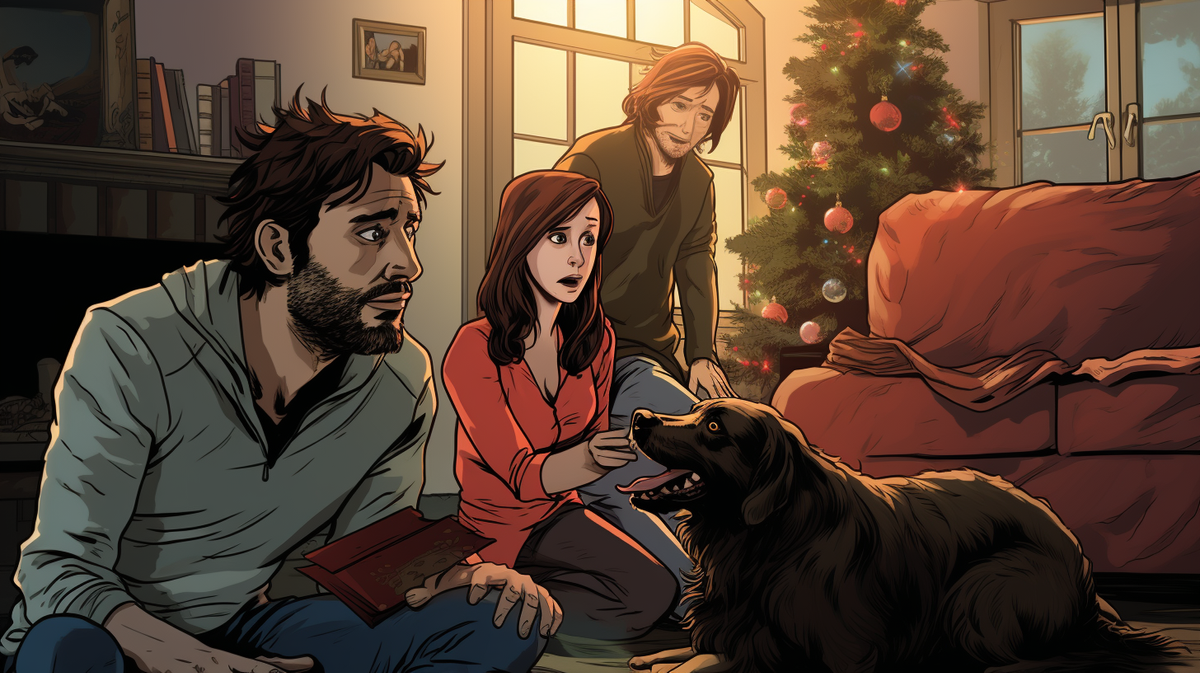
It’s Christmas. That means digging out those traditions and rituals that for most of the year live in a bin bag in your attic. Rituals like fighting your way across the country to be with parents, or deliberately isolating ourselves to avoid the usual meltdown that happens around the Christmas table when your racist uncle is staying for the holidays.
Either way, the festive period brings out sides of us that we might not see at other times of the year. I call it the Christmas Effect (trademark pending): that time of the year where we don’t recognise ourselves, all to celebrate the birth of Jesus Christ.
And there’s a growing body of statistics pointing to more people disliking Christmas for the above reasons.
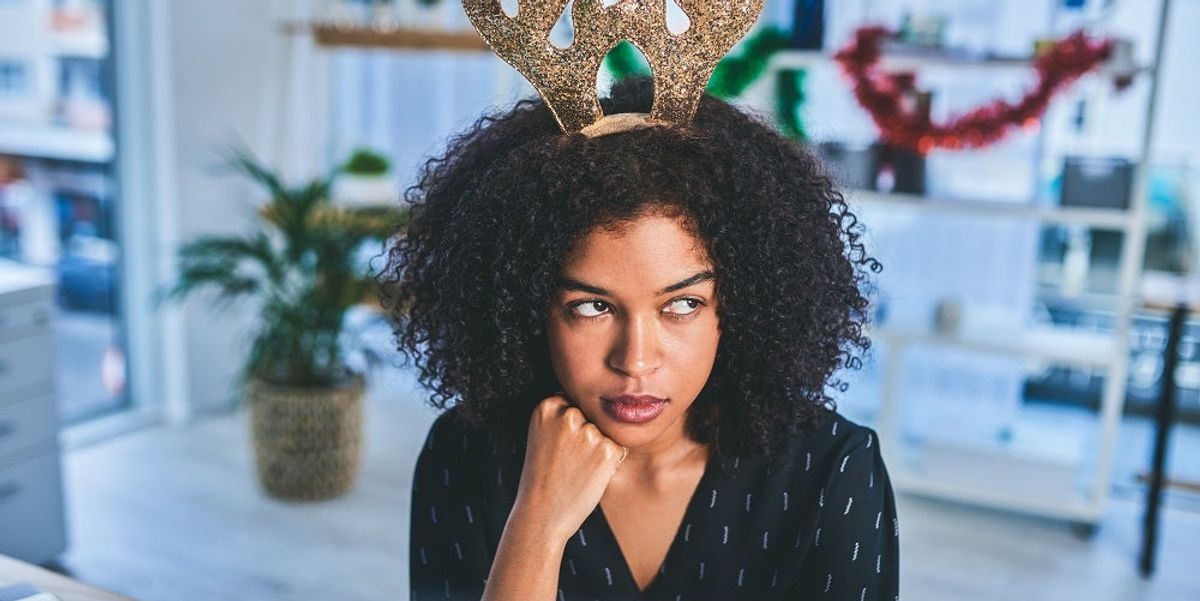
That’s why in this week’s festive Brink, I will try and unpack this idea around why a simple annual religious celebration can leave us feeling misunderstood, anxious, and alone. And maybe, by some Christmas miracle, try to arm you with ideas on how to combat it.
What is the Christmas Effect? 🎄
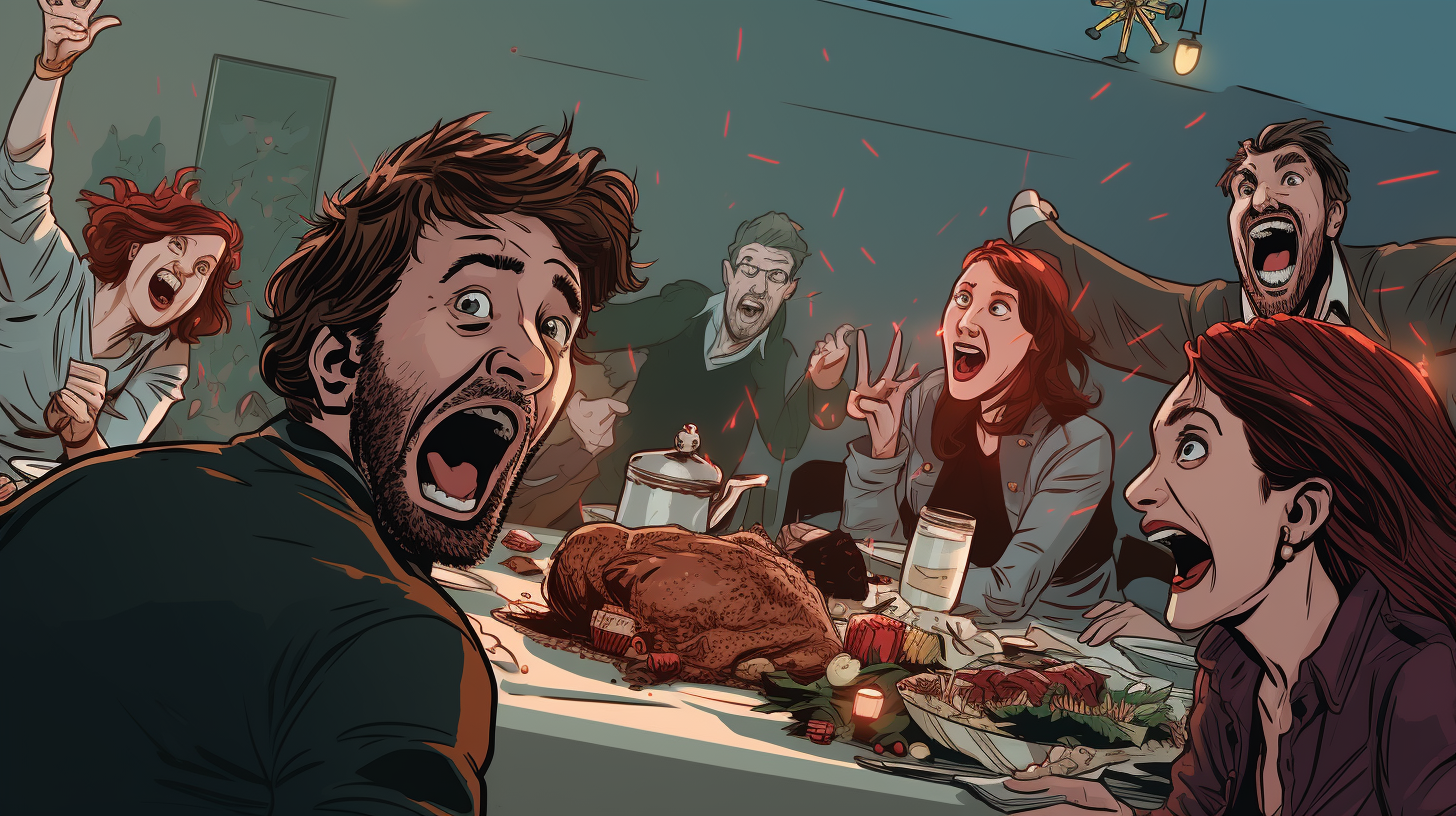
First I think it’s important to clarify what I mean by the Christmas Effect. It’s kind of like the “holiday blues” that idea that everyone is seemingly having an unbelievably brilliant time, but for some reason, you didn’t get that particular memo. But it goes further than that. It’s the duel weight of cultural or societal expectations combined with your own beliefs about how Christmas should go.
For example, in your regular non-Christmas life, you feel like a capable, confident, functioning member of society. You can pay your rent/mortgage, get up on time to go to work, and navigate the world in a way that doesn’t leave you in tears.
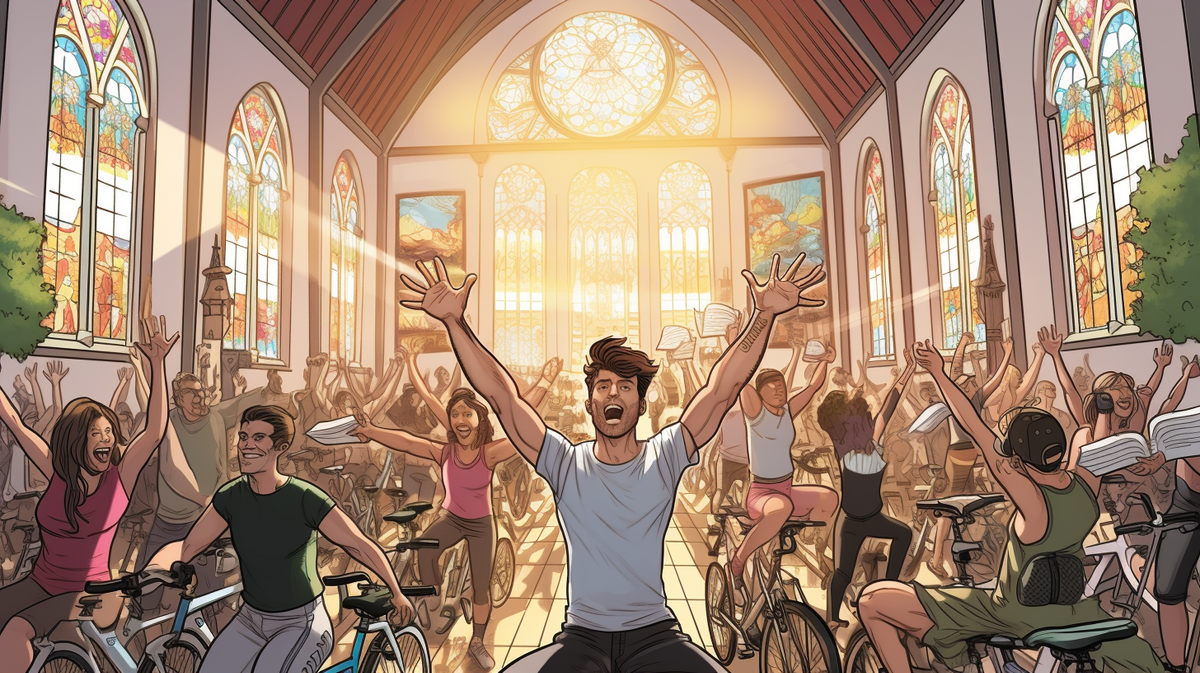
But when at your parents, those feelings are washed away, and you feel yourself regressing to some childhood version of yourself, where the only power and influence you can wield is to be permanently pissed off at decisions made on your behalf.
Another example: during the year you are a sociable, likable (on the whole) active member of your community, but on Christmas, you become a hermit and hide from the world and eat pizza over the sink like you’ve forgotten how to be a person. What gives?
Intuitional expectations versus Institutional ones ⛪🧠
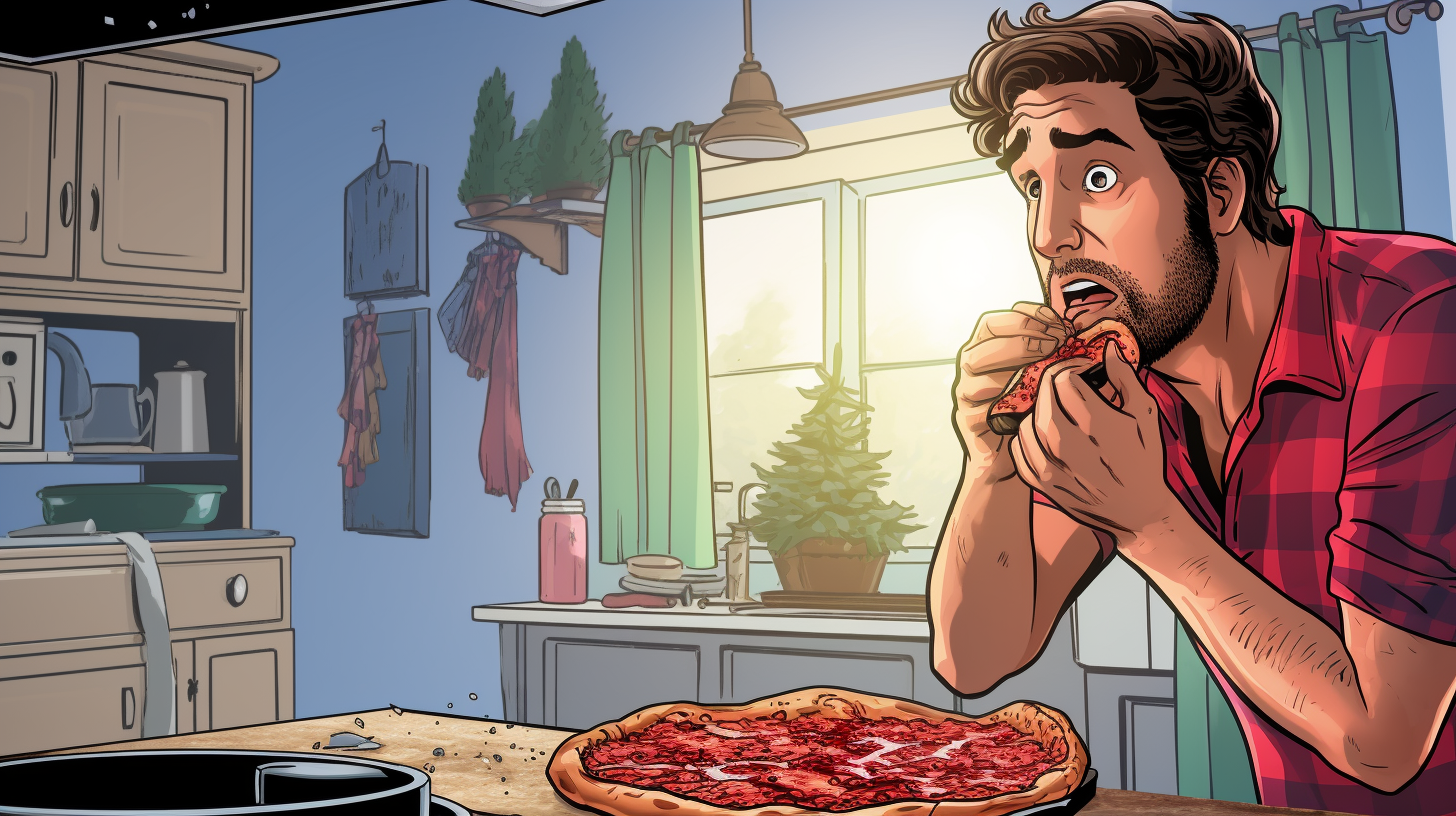
Most of our lives are spent outside of any great expectation handed to us by the society we live in. These are what I would call institutional expectations. But there are some. For example, an institutional expectation is that you will attend school from around the age of 4, and typically carry on doing that until around the time you turn 18.
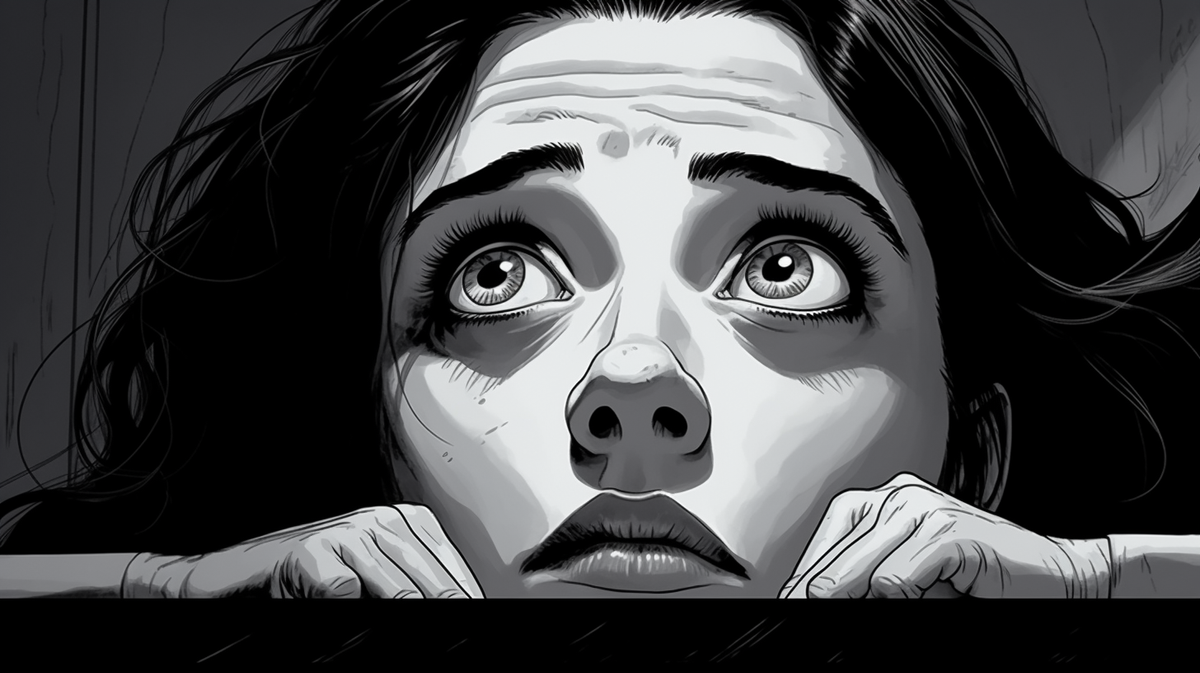
It’s a cultural, not legal belief because sure you have to attend some formal form of education, but you could elect to be schooled at home, or in a non-traditional educational environment.
But once we finish school, our ties to institutional beliefs start to wane. There may be things like university, family, religion and marriage that continue to exert an impact on us, but as I’ve discussed in recent newsletters, these influences have faded with time.
In its place, sit intutional expectations. These are largely derived from our own internal views on what we should do and be. Our careers, where we live, what we buy, how we dress, come through a lens that feels unique to us - even if they are heavily influenced by broader trends.
These intuitional expectations, if we use Abraham Maslow’s hierarchy of needs, would sit towards the top of the triangle: our need to self-actualize. Which is code for being able to shape and define our existence as we see fit.
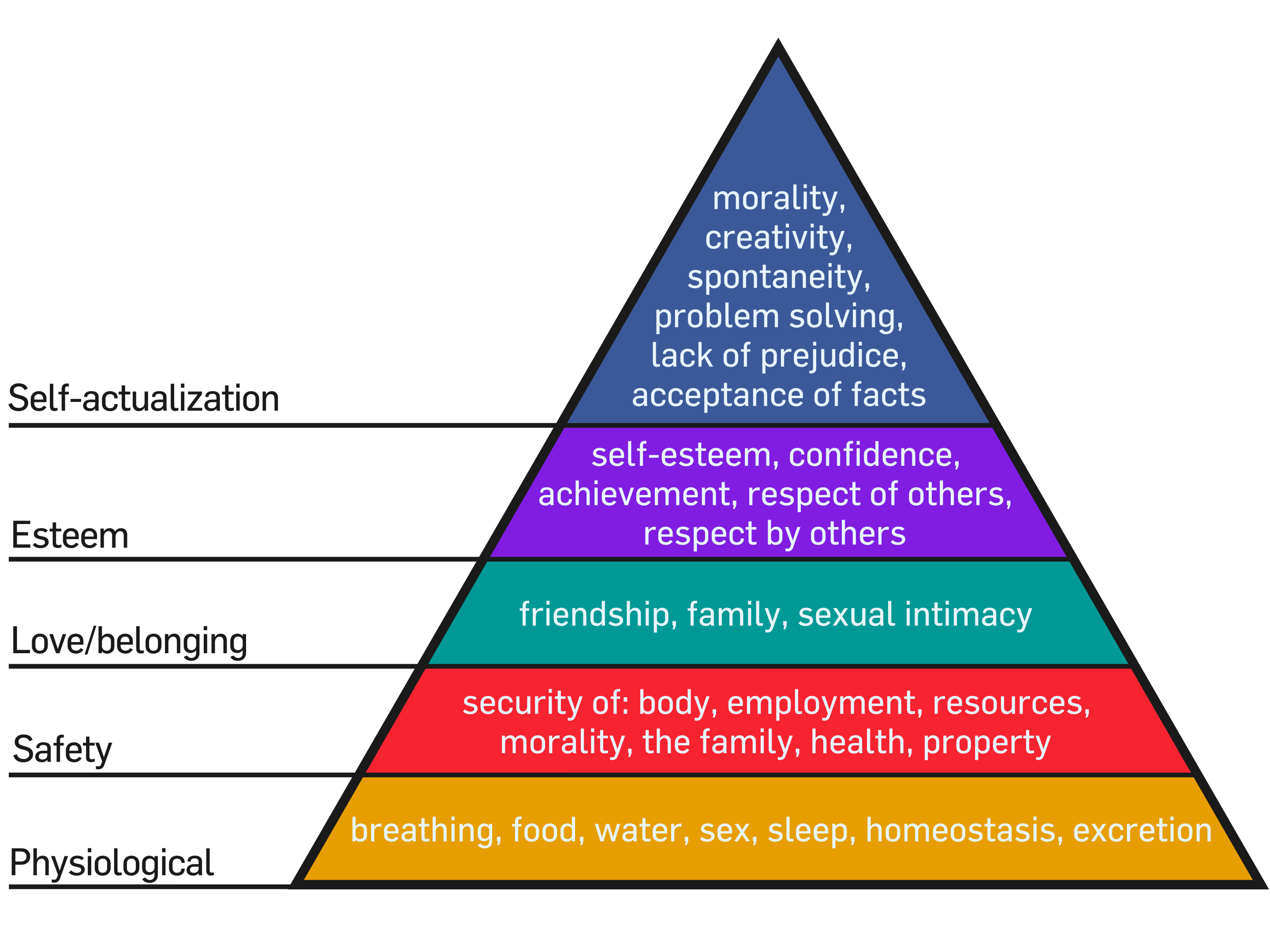
Things like Christmas fly in the face of that. For most of us, we feel this pressure from all around us to behave in a certain way. That might be from family, or friends, or through the media we consume. I’m looking at you John Lewis.
Social media, as always, never helps. During the festive period, our usage of social media goes up. We all catch the virtue-signaling bug, and head online to share photos and videos of how our Christmas is going - as long as it’s positive of course.
That creates a sort of internal tension - because in all of us, whether we like it or not is a need to belong and participate in rituals that hold us in a group. Even if those rituals have historically left us feeling like some of the examples I outlined above.
So what to do? For most of us, it’s to go along with the status quo. But I’m going to argue that there is an alternative: a way to have your intuitional cake and eat it.
Christmas, but not as you know it 🤔
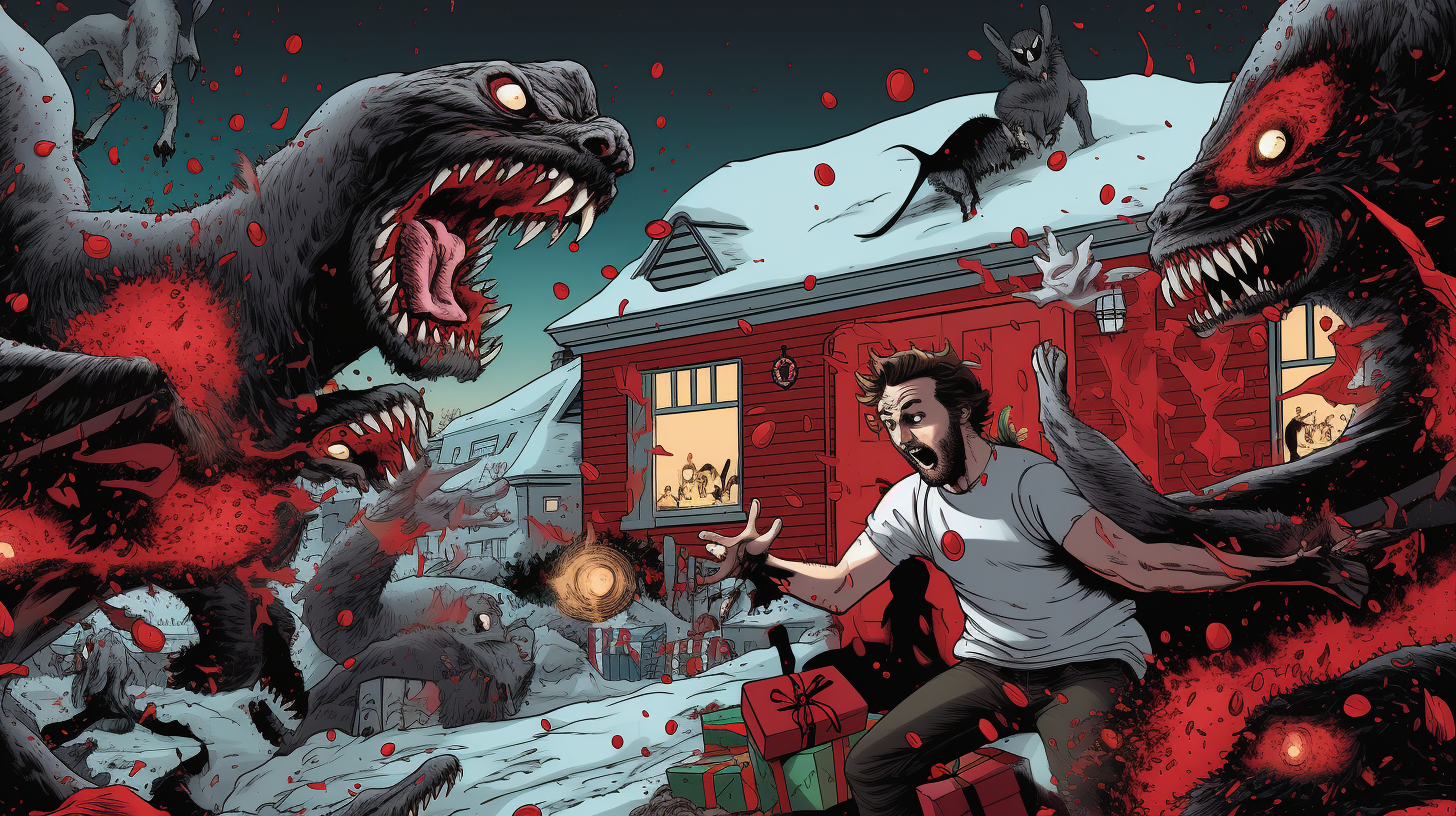
If you’ve been following these missives recently you’ll have seen a theme emerging: the world often presents us with a bunch of stuff that makes us feel sad, frustrated, or anxious.
But in the face of those feelings, just throwing our hands up in the air and shouting, “typical!” isn’t going to cut it. We need to find a way of believing that we can have an impact on the world we live in. Especially when it comes to those feelings of helplessness that appear in us all sometimes. You can find the explicit newsletter that talks about this here.
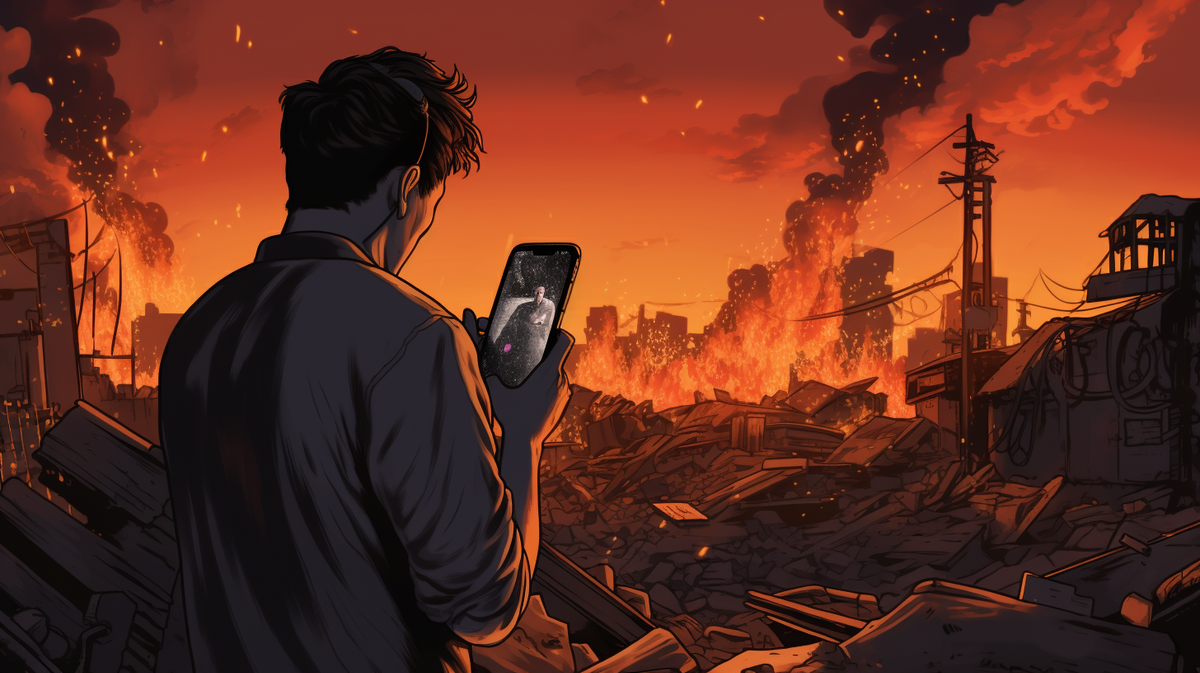
Christmas is no different. We can often feel that we must passively toe the line - that we must stand in front of a giant Christmas cannon and let it blast us in the face. But do we? Are there things in the experience you can negotiate and have ownership of? For example, can you change the amount of time you spend in a certain scenario, or take on a different role or just say no?
I appreciate this sounds easy, but in practice is much harder. But what’s the alternative? What happens at Christmas, I imagine, will have echoes in other parts of the year. Like when a boss treats you poorly, that institutional expectation says you have to just take it. But do you?
Christmas can be a time of family and connection. Or it can be a time of alienation and feeling like the other. The difference is how we choose to take part in it.
Merry Christmas everyone.
Things we learned this week 🤓
- 💗 ‘Peripheral Relationships’ are for more important to us than we first thought.
- 🚘 No sh*t: Commuting is officially bad for your mental health.
- 👶 Born in the 90s? Apparently, you have poorer mental health than any other generation.
- 💻 Internet does not harm your health, says new research.
If you would be so kind 🙏
If you’re struggling at this time of year, you are not alone. Hub of Hope is a fantastic resource that provides a list of all mental health services in your area should you need it.
I love you all. 💋







